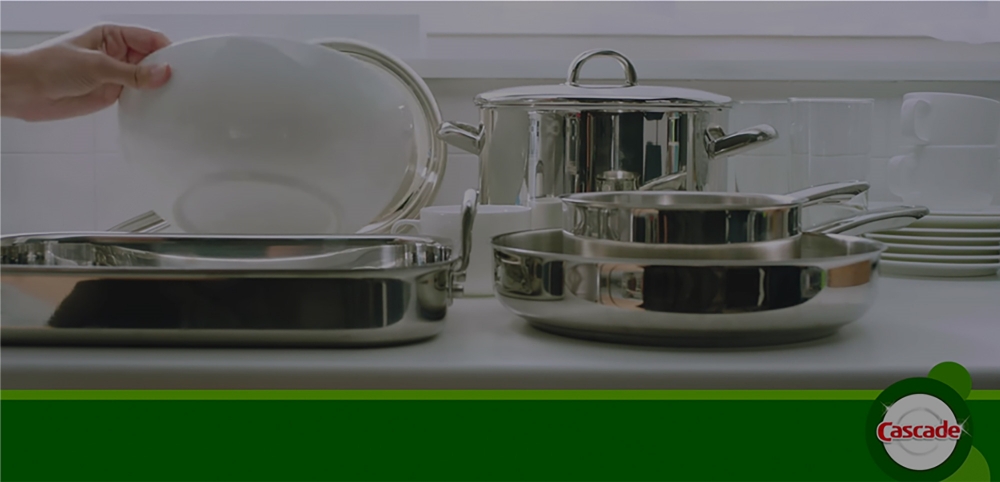
How to Know if a Dish is Dishwasher Safe
What can you put in the dishwasher? Well, “whatever fits” isn’t the answer. (Although, if you said “dishes,” you get partial credit.) A dishwasher may be too rough for some of your prized kitchen items. So, we put together a full load of dishwashing tips and tricks, and pulled out a few do’s and don’ts to help identify what is dishwasher safe. Just follow these simple guidelines before you toss everything but the kitchen sink into your machine.
What Can Go in the Dishwasher?
With a little knowledge and the right detergents, you can clean a lot in your dishwasher. Glassware of all kinds will come out sparkling and spotless. Bring on the burned-on pots and pans. Send in the soiled silverware. How about stainless steel? The dream is real! Tough enough for stained coffee cups, gentle enough for baby items. Choose the best detergents and additives for the job and your dishwasher will deliver shining results, cycle after cycle.
Look for a Dishwasher Safe Symbol
If you’re lucky, you’ll know an item is safe for the dishwasher by seeing the words "Dishwasher Safe." If you don’t see that, then look for a dishwasher safe symbol, stamp, or label. These usually take the form of a square box containing plates, glasses, or both. You'll also often see water drops or lines along with the dishes.
Most pots and pans have an engraving on the handle, while most dishes are labeled on the bottom side. Stainless steel is dishwasher safe; aluminum is not. If you have trouble locating a label and aren’t sure what the material is made of, hire a metallurgist. Just kidding. Try checking the original packaging or the manufacturer’s website.
Although a large amount of kitchenware is dishwasher safe, some products need a little more TLC and a little less dishwasher clean. Here’s some examples of what not to put in the dishwasher.
Items You Shouldn't Put in the Dishwasher
Cast Iron
Washing a cast iron skillet inside a dishwasher will cause it to rust, or worse, lose its seasoning.
Wood
The heat and humidity inside dishwashers can cause wooden kitchen utensils, such as wooden cutting boards and wooden spoons, to warp and crack.
China and Delicate Crystal Glassware
The intense heat of a dishwasher might be too much for your delicate crystal to handle.
Insulated Travel Mugs
Putting your favorite travel mug into the dishwasher may ruin its vacuum seal and ability to retain heat.
Aluminum
Not only is aluminum prone to scratching inside a dishwasher, it can develop a dull finish over time.
Non-stick Pans
The high temperatures in a dishwasher can wear many non-stick coatings. We recommend washing by hand if you're unsure whether your non-stick pan is dishwasher safe.
DIY Dishware
Homemade things are precious; don't risk damaging them.
Now that you know which of your dishes and kitchen items are machine-washable, check out some helpful tips on loading your dishwasher for shining results.
Recommended Articles
Rethink The Sink
Answering the biggest myths about dishwashing, such as the efficiency of dishwashers vs handwashing. See true/false answers for the most common questions
Saving Energy While Using the Dishwasher
Wondering how you can save energy while using the dishwasher? Get solutions to dish issues and other dishwasher tips from Cascade.
Filming Caused By Hard Water - FAQ
Do you have hard water causing white film on your dishes and glasses? Get answers to FAQs about Cascade & find other solutions & tips for dish issues.